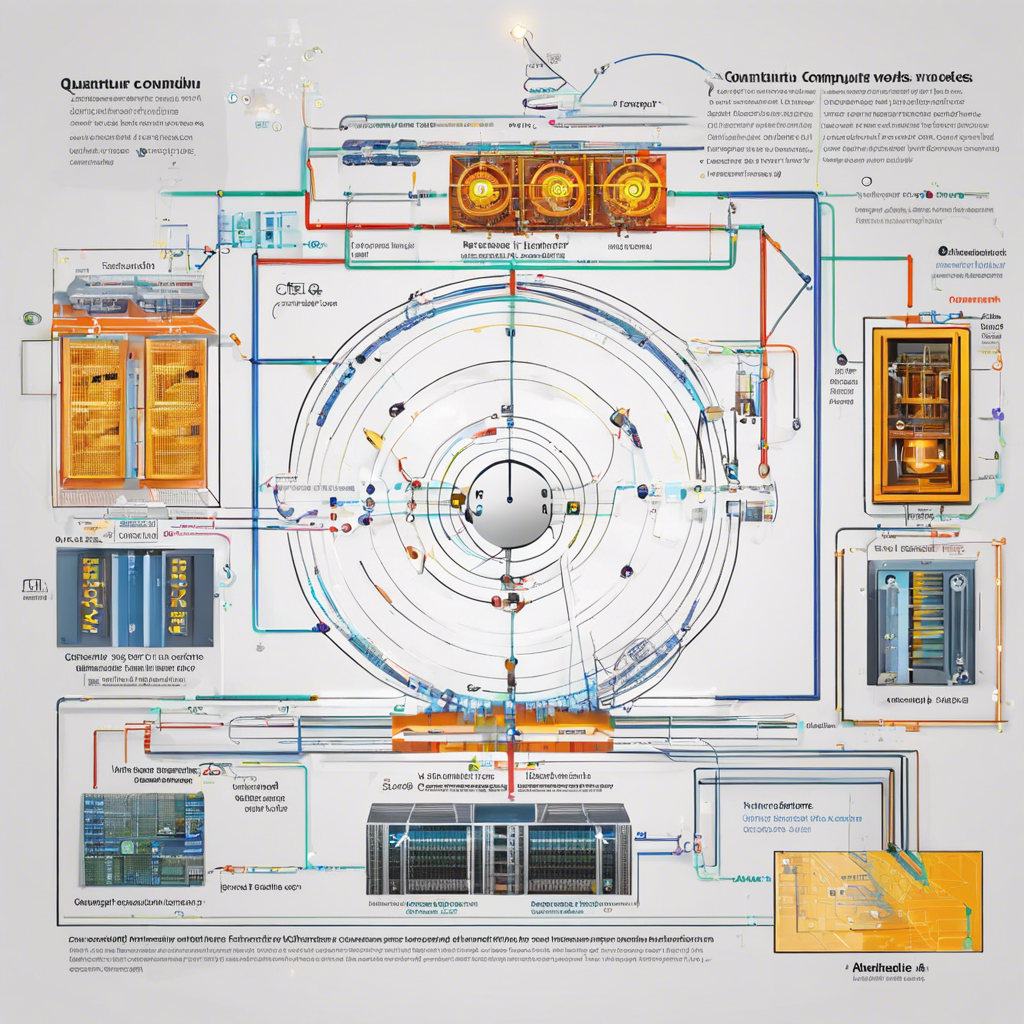The field of cancer research has witnessed remarkable advancements in recent years, offering renewed hope to patients, survivors, and their loved ones worldwide. Numerous breakthroughs are paving the way for more effective, targeted treatments, and improved patient outcomes, bringing us closer to the ultimate goal of eradicating cancer.
One of the most significant developments has been the emergence of immunotherapy, which harnesses the power of the body’s immune system to fight cancer. This approach has revolutionized treatment, offering a promising alternative to traditional chemotherapy and radiation therapy. Immunotherapy works by boosting the body’s natural defenses to identify and attack cancer cells, leading to more targeted and potentially less toxic treatments. Clinical trials have shown remarkable results, with some patients experiencing long-term remission and even cures for cancers once considered untreatable.
Genetic research has also played a pivotal role in cancer breakthroughs. Scientists can now identify specific genetic mutations that drive cancer development by sequencing tumor genomes. This knowledge enables the development of targeted therapies that precisely target these mutations, blocking the growth and spread of cancer while minimizing damage to healthy cells. Personalized medicine, made possible by genetic insights, is transforming patient care, allowing treatments to be tailored to the unique characteristics of an individual’s tumor.
Another exciting area of innovation is early detection technology. Researchers are developing advanced imaging techniques and blood tests, known as liquid biopsies, to detect cancer in its earliest stages when it is most treatable. These non-invasive methods offer the potential for routine cancer screening, similar to existing tests for conditions like heart disease and diabetes. By identifying cancer earlier, patients can receive more effective treatment, significantly improving survival rates.
Cancer research has also made significant strides in understanding cancer cell metabolism. By unraveling the unique metabolic processes that cancer cells employ to survive and thrive, scientists can develop novel therapies that disrupt these processes, selectively targeting cancer cells while sparing healthy tissue. This approach has shown promising results in treating aggressive cancers that were previously challenging to manage.
Additionally, advancements in cell and gene therapy have emerged as powerful tools in the cancer researcher’s arsenal. Using engineered cells or viral vectors, scientists can introduce modified genes or targeted agents directly into a patient’s body to attack cancer cells or enhance the immune response against them. Clinical trials for various cancers are showing remarkable success rates, offering hope to patients with limited treatment options.
The progress in cancer research would not be possible without the dedicated efforts of scientists, clinicians, and researchers worldwide, along with the invaluable contributions of patients participating in clinical trials. As funding and awareness for cancer research continue to increase, we can anticipate more breakthroughs that will transform the way we prevent, detect, and treat this complex disease.
Lastly, the field of cancer research is increasingly embracing a multidisciplinary approach, bringing together experts from diverse fields such as biology, chemistry, physics, data science, and engineering. This collaboration fosters innovation and accelerates discovery, leading to more effective treatments and, ultimately, improved patient care. Together, these breakthroughs are changing the landscape of cancer treatment, offering renewed hope and transformative outcomes for patients worldwide.

